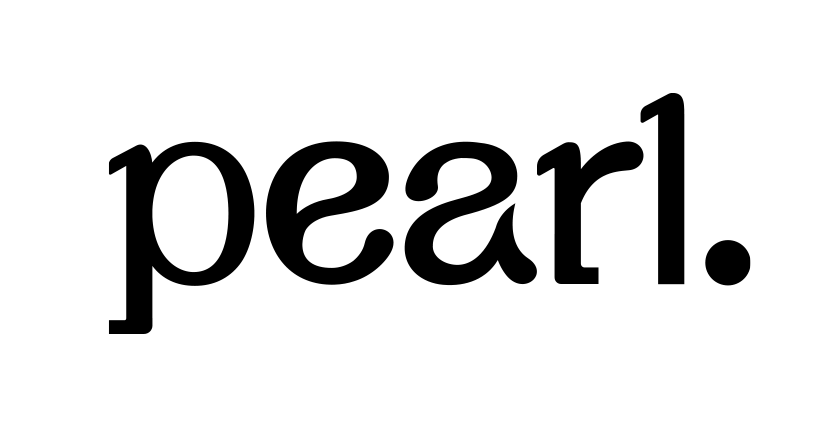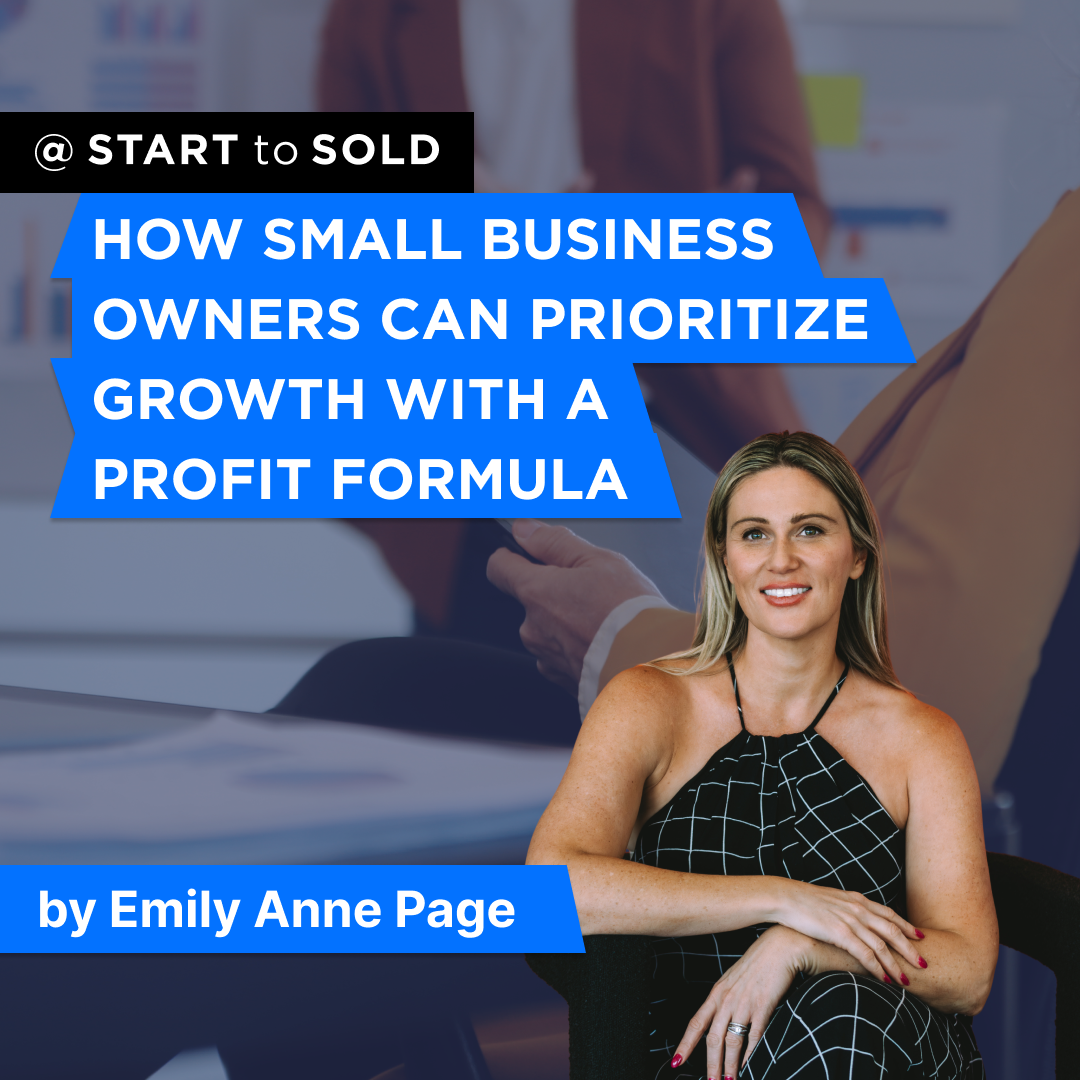
80% of retiring business owners never successfully find a buyer. How can you be the successful 20%?
Plus if you’re a small business owner and planning to retire in the next 6 – 10 years you’re among what demographers call “the Silver Wave” – a huge number of people in the “BOOMER” generation who are retiring.
This will change our economic world because:
➡️ People approaching retirement in this period of time represents 30.4 million people in the USA
➡️ They own 40-50% of ALL small business
➡️ They own approximately 38% of all real estate
What does that mean for you if you’re in this group?There will be competition to sell.
Let’s go back to ECON 101:
Increased supply →
Increased competition →
Lower valuations and exits →
You sell your business for less
The “Boomer” generation will see big competition to sell their business and that jeopardizes getting the highest value for your business.
Yet there is hope! With smart strategy you can be exceptional among your peers and get the most value.
What do you Want When you Retire?
Value
To get the maximum value you must decide what you want your EXIT to look like for you to feel successful. You would never start a road trip without a clear end destination and hope to arrive.
This means you need to prepare your business for sale… Similar to how you prepare your home if you were to put it on the market. You can do things to spruce up how your business appears to buyers to get the most money.
If you hope to sell your business for retirement cash you want to be strategic because valuations are not only based on EBITDA.
Legacy
Beyond finances you care about legacy. You worked hard to create this business and you want it to continue – for the sake of continuity of your efforts but often for your employees and customers sake who care about your business too.
It’s obvious that when you sell a business the new owner has the right to make changes. But who you sell to can determine the types of changes they make based on their core values in business. For example:
- If you sold your business and they removed your name or brand from the building would that matter to you?
- What if the new owners change the core values or fire customers or employees you care about?
- What if the new owner is not as ethical as you and does things that affect the reputation of your business?
These issues can happen and the best remedy is to carefully consider the character and objectives of the person you sell to.
In this environment of competition, if you want to get the best price for your business and leave behind a legacy you’re proud of, the time to start thinking through your goal is NOW.

WHO WILL BUY YOUR BUSINESS?
One of the biggest questions in any business exit is: who’s the right buyer?
Because who buys your business will directly affect both:
- The price they’re willing to pay
- How well they’ll honor your legacy
Let’s break down two of the three most common buyer types:
1. Professional investors – Private Equity & Venture Capital
Professional investors pay big money for your business.
Private equity (PE) and Venture Capital firms are professionals who buy equity to return profit to their investors.
You’ve probably heard stories of big exit (the HUGE cash payouts they give businesses) from private equity firms on the News.
But here’s the reality of what it requires to sell to these companies:
- These firms are only interested in high-profit, professionally run companies
- They typically look for purchase prices of $10M+
- Their due diligence is intense—think spreadsheets, pitch decks, interviews, audits, and strategic plans
- They want to buy into an industry and business that has historically stable and consistent profit and that will scale to even larger multiples of profit because usually they plan to sell again in 5-7 years.
This type of sale is more complex so I explain their process and requirements and how to prepare to sell to them in detail in my FREE TRAINING.
If your business meets that bar, amazing. But you’ll need time to build those relationships and prepare your operations to compete at that level.
2. Smaller Owner-Operators
A Owner Operator is an everyday person who wants to buy and also run the business for their personal livelihood. They plan to work in the business (as you did) but of course they also want to make profit and take home a salary.
For most small businesses, this is the more realistic (and often smoother) path because they are looking for:
- A business they can imagine themselves successfully running when you leave.
- Profit enough to at least pay their own salary or profit for the time they would spend.
- They require less time and intensive effort to review your business.
The challenge?
- Many older business owners don’t have strong connections with younger, entrepreneurial buyers who have the cash and capability to take over.
Start thinking:
- Could a current employee be the right fit?
- Is there someone outside your network you should recruit or mentor into the role?
I’d love to help you find these types of people and I explain how in my FREE TRAINING:How to Find Investors or Buyers You Trust. I provide 2 case study examples of how to frame up your sale to a smaller buyer to inspire your conversations. There is also a third type of buyer you may already have access to and I explain that in this training too.
HOW TO GET THE BEST PRICE
Selling for top dollar isn’t luck—it’s planning. Ideally, you want at least two years to prepare your business before going to market.
Here’s your roadmap:
1. Know What You Want
Start with your retirement goals and write it down clearly:
- What’s your ideal sale price?
- What’s the minimum you need to retire comfortably?
- What else matters to you in the sale?
2. Know What It’s Worth
People who buy businesses value with a quick estimate using your net profit multiplied by a “multiple” (usually 1-4x for small businesses).
PROFIT
There are multiple ways they calculate profit but most famously private equity people look at:
- EBITDA (Earnings Before Interest, Taxes, Depreciation, and Amortization)
To calculate this you want to get a CPA but to save time just look at your net profit.
Also you should know there are other methods if you’re selling to smaller buyers and I explain what that is and how to calculate it in my FREE TRAINING: How to Find Investors or Buyers You Trust .
STABILITY MULTIPLES
You can think of the multiple as the future “NUMBER OF YEARS” of profit they are buying from you. It represents the number of years they think they could maintain the profit without you.
The more consistent your expected future profit… the larger the multiple.
If your business is small, vulnerable to fluctuations in profit and requires a new owner to work a lot to keep what you built… your multiple will be small. It could even be less than 1 if your business isn’t profitable.
INDUSTRY MULTIPLES
You will also notice that different industries have average multiples – when you have a larger stable business these are more reliable. This is because certain industries are notoriously more stable and capable of growing profit after being bought. These averages are created and used by professional investors and available for search online.
Do research on your industry (a little Google or ChatGPT can get an estimated information for you):
- Small businesses often sell for 1.5–3x their profit
- Larger, more stable businesses may fetch higher multiples
With this information you can now calculate an estimated value of your business:
MY ESTIMATED BUSINESS SALE VALUE = NET PROFIT x MULTIPLE
Once you know your current valuation and where you want to be—you can build a plan to bridge the gap.
3. Make Your Plan
We’ve all heard this saying: ‘Those who don’t plan, plan to fail” and we know it’s true.
But sometimes retirement specifically is attached to “feelings” or worries about letting go of a phase of life we loved and not yet being sure what the new phase will be like. You can overcome that by writing down what the successful sale would look like AND successful retirement.
Ask yourself:
- Who will pay the most under the terms I want?
- Do I care about my business’s legacy?
- Who would be a good cultural fit for my team after I leave?
- Am I ready to walk away—or would I prefer a timeline-based transition where I stay involved for a while?
- What makes me excited for the future? Hawaiian vacations? Grandkid play time? More golf?
Then write out a to-do list of things you will work on:
- Write a list of steps to increase profit, stability and value.
- Write a list of who you want to buy your business and ways you can recruit them.
- Put it on the schedule – focusing on working on your value (outside of working in your company).
- Hire a professional to help you make a strategic plan that will work. Brokers sell your business and Investment Bankers do the same when your business is larger.
You’ve spent years—maybe decades—building your business.
You deserve to exit with:
✅ The price you want
✅ The legacy you’ve earned
✅ And a future that feels like a new beginning
But none of that happens without strategy and lead time. I hope this helped your EXIT go from START to SOLD!
P.S. If you learned anything from this let me know with a message or post on LINKEDIN! I’d love to stay connected through your journey
—————–
WANT SOME NEXT STEPS?
I’d love to be the person you rely on to help you sell for more. I created these tools to help you – see if they are what you need:
- FREE TRAINING – Learn How to Find Investors or Buyers You Trust with this 50 minute online webinar.
- RESOURCES – Buy my training out “7 Steps to Sell Your Business for MORE”– a worksheet and video training to evaluate your own business and make a list of next steps you can take to increase your value. You’ll learn what buyers look for and what influences your value.
- 1:1 Coaching – Work with me to implement these concepts and create a EXIT profitably and preserve your legacy.







